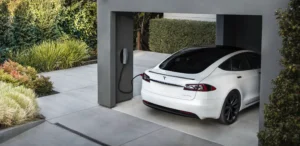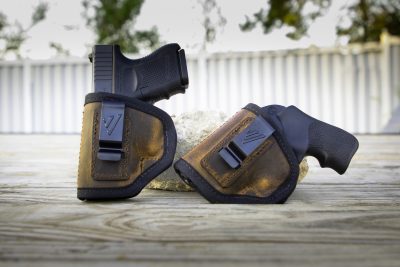Key Takeaways
- Discover the role of injection molding in advancing automotive production.
- Examine how this technology impacts sustainability and the environment.
- Understand how material selection influences automotive design and innovation.
- Explore the economic benefits of using plastic injection molding in manufacturing.
Introduction to Plastic Injection Molding
Automotive manufacturing has evolved significantly due to technological advancements such as plastic injection molding. This technique, known for its precision and ability to produce intricate and complex designs in high volumes, has become a cornerstone in the production of modern vehicles.
The process, involving the injection of molten plastic material into a precisely crafted mold, allows for a high degree of detail and consistency in the parts produced. Such uniformity is critical in automotive applications where dimensional accuracy is non-negotiable for producing high-quality vehicles.
Quality and Safety Improvements
The injected plastic part manufacturing process is synonymous with high-quality outputs, a critical factor in automotive manufacturing where safety is paramount. Injection molding is a precise art that produces robust components that adhere strictly to automotive specifications and safety standards.
When integrated into a vehicle’s design, these parts contribute to its overall structural stability and the functionality of safety systems. For instance, the integrity of seat belts, airbag components, and sensor housings relies heavily on the precise manufacturing capabilities provided by injection molding, ensuring that these safety-critical parts perform consistently in an accident.
Read More: How to Improve Production Quality in Manufacturing?
Material Benefits: Durability and Versatility
Plastic materials have introduced new avenues in manufacturing due to their outstanding durability and versatility. In automotive manufacturing, the utilization of various types of plastics has been a game-changer. Components exposed to regular stress, such as door handles, can endure repeated use without compromising their structural integrity.
Furthermore, plastics’ inherent corrosion resistance and insulating properties lend themselves to various vehicle applications, from functional under-the-hood components to aesthetics-enhancing dashboard elements. The unparalleled adaptability of plastics allows them to meet the multifaceted demands of automotive design.
Economic Efficiency: Cost Reduction in Manufacturing
The economics of plastic injection molding charm automotive manufacturers for multiple reasons. First and foremost, this method of manufacturing brings forth appreciable cost reductions. Plastic materials’ relatively low expense, longevity, and durability create a compelling value proposition.
The production process is conducive to economies of scale; once the initial investment in making the molds is covered, subsequent parts can be produced rapidly and with minimal additional cost.
With advanced automation technologies detailed in research on cost efficiencies, the injection molding process is further optimized to reduce labor costs and enhance production efficiency, cementing its place as a financially astute choice for automakers.
Innovation in Design: Flexibility for Engineers
Injection molding has significantly impacted automotive engineering, offering flexibility that dauntingly complex designs demand. The technology supports the manufacturing of standard parts and encourages innovation by allowing experimental design elements to be brought to life.
This flexibility manifests in producing sleek, aerodynamic components that improve the vehicle’s performance and integrating intelligent systems into smaller, restricted spaces.
Leveraging new-age materials, such as those found in lightweight composites, enhances this benefit by allowing parts to be complex in design and lighter, contributing to the global campaign for increased fuel efficiency and reduced emissions.
Sustainability: A Step Toward Eco-Friendly Manufacturing
With global attention firmly fixed on the health of our environment, the automotive industry’s move towards sustainability has become more pronounced. In this transition, plastic injection molding plays a pivotal role, enabling manufacturers to incorporate recycled plastics into their production processes.
This practice not only diverts material from landfills but reduces environmental pollution and decreases the dependency on virgin materials. Further, molding is highly efficient, producing minimal waste as excess materials can be re-melted and reused. Such initiatives positively contribute to the industry’s environmental footprint, satisfying consumer expectations for eco-friendly vehicles.
Read More: Understanding the Modern Evolution of Automotive Technology
The Future of Automotive Manufacturing with Plastic Injection Molding
As we look to the future, the prospects of plastic injection molding within the automotive sphere remain bright and expansive. The continuous strides in material science, including the research and development of biodegradable plastics, signify a progressive movement toward an even more sustainable manufacturing ethos.
When combined with emerging manufacturing techniques like 3D printing, the potential for customization and rapid prototyping is unleashed, offering automakers new methods to differentiate their products and accelerate development cycles.
The result is a synergy between injection molding technology and advanced materials, heralding an era of automotive manufacturing brimming with innovation, efficiency, and environmentally conscious practices.100%








